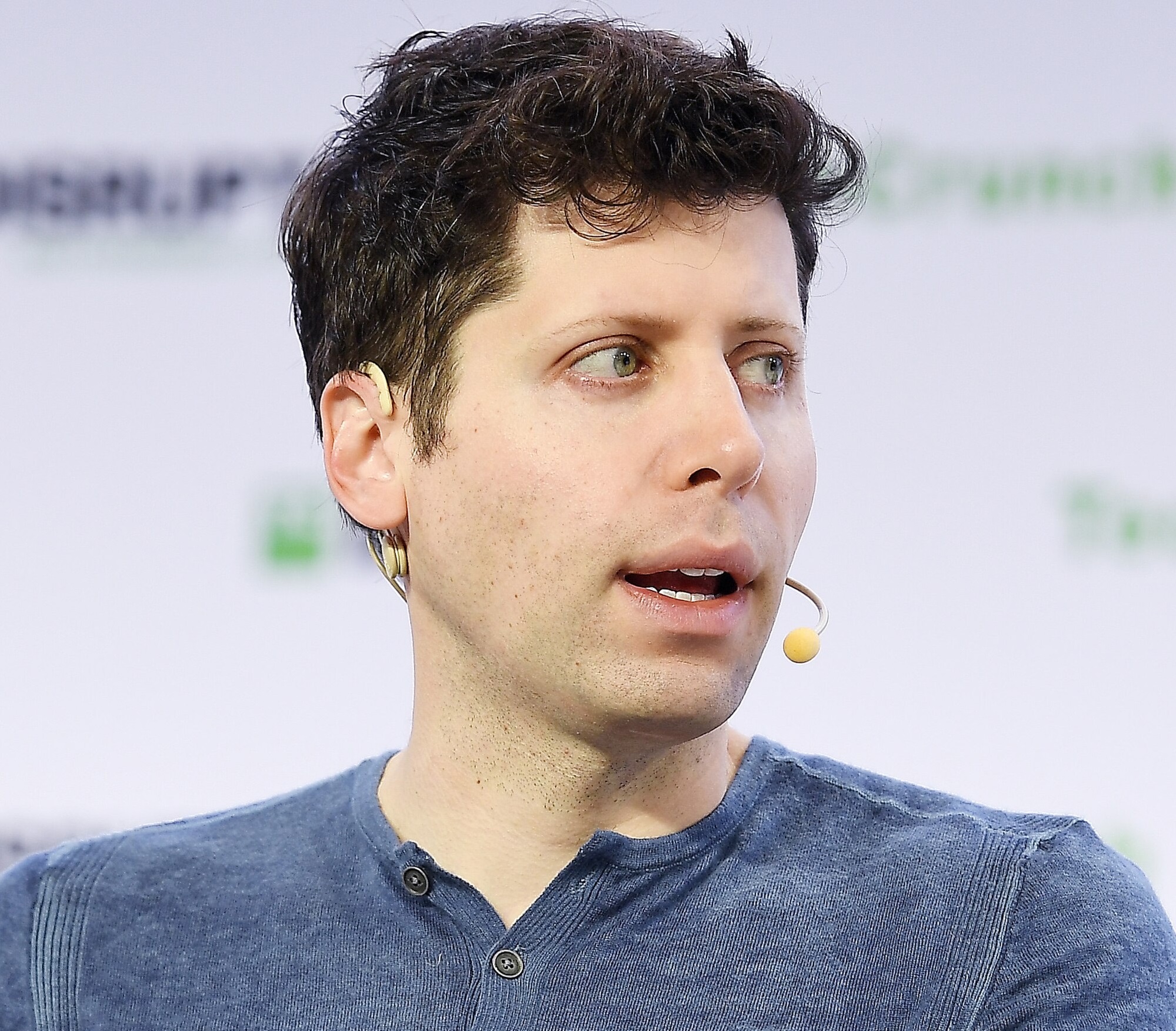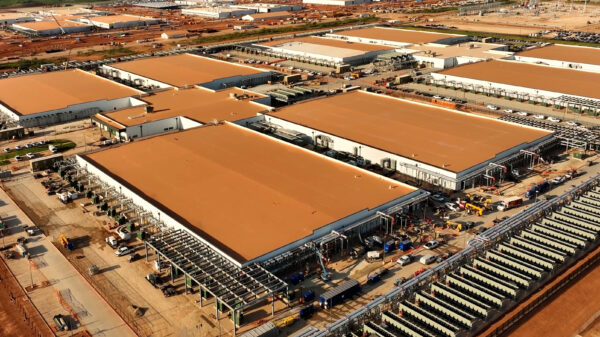In its first public response to Elon Musk’s lawsuit, OpenAI has made startling claims. The company highlighted Musk’s alleged attempt to merge the artificial intelligence research lab with Tesla (NASDAQ: TSLA). The claims are sparking a heated debate within the tech community.
Founded in 2015, OpenAI was established as a nonprofit organization. The organization has the ambitious goal of advancing artificial intelligence (AI) for the betterment of humanity. Elon Musk, along with Sam Altman, Greg Brockman, and several AI researchers, played pivotal roles in its inception. The organization’s mission was to responsibly develop AI and share it freely with the public.
However, disagreements over funding soon arose among the founders. Musk insisted on a billion-dollar public fundraising announcement, a move that other founders found excessive. According to OpenAI’s blog post, Musk believed that the nonprofit model would not enable the lab to raise the billions of dollars per year necessary to achieve its mission of developing artificial general intelligence (AGI) – a machine capable of performing any intellectual task that a human can.
Discussions ensued about transitioning OpenAI into a for-profit company. Musk argued that a for-profit model was essential to attract the significant capital required for AGI development. However, negotiations hit a roadblock when Musk reportedly demanded a majority of equity and initial board control. Additionally, he also demanded the position of chief executive within the for-profit entity. This proposal was met with resistance from other founders. They argued that ceding absolute control to one individual contradicted the organization’s mission.
Alleged attempted merger with Tesla
In a further twist to the saga, Musk allegedly suggested merging OpenAI with Tesla, his electric car company, as a potential solution. Despite Musk’s optimism about the synergies between OpenAI and Tesla, the proposal failed to gain traction among the other founders. They viewed it as incompatible with the organization’s core values.
Musk filed a lawsuit against OpenAI and its CEO, Sam Altman, last Friday. He accused them of breaching a contract by prioritizing profits and commercial interests over the development of AI for the public good. The lawsuit alleges that OpenAI’s partnership with Microsoft, which involved a multibillion-dollar deal, signaled a departure from its founding pledge to responsibly develop AI and share it freely with the public.
Read more: Alibaba leads largest-ever funding round for a Chinese AI startup
Read more: Google pulls Gemini chatbot down in response to outrage mob
Response from OpenAI
In its blog post, OpenAI refutes Musk’s allegations. Furthermore, the company asserts that the organization remains committed to its original mission of developing AI for the public good. OpenAI claims that Musk’s lawsuit is an attempt to divert attention from his own efforts to commercialize the organization and gain control over its operations.
As the dispute between Musk and OpenAI continues to unfold, it has reignited discussions about the ethical implications of AI development and the delicate balance between commercial interests and societal welfare. The outcome of this legal battle could have far-reaching implications for the future of AI research and innovation.
The ongoing feud between Elon Musk and OpenAI has brought to light the complexities and challenges associated with the development of artificial intelligence. While both sides remain entrenched in their positions, the broader tech community is closely watching the outcome of this legal battle, which could shape the future trajectory of AI research and innovation.
zartasha@mugglehead.com













